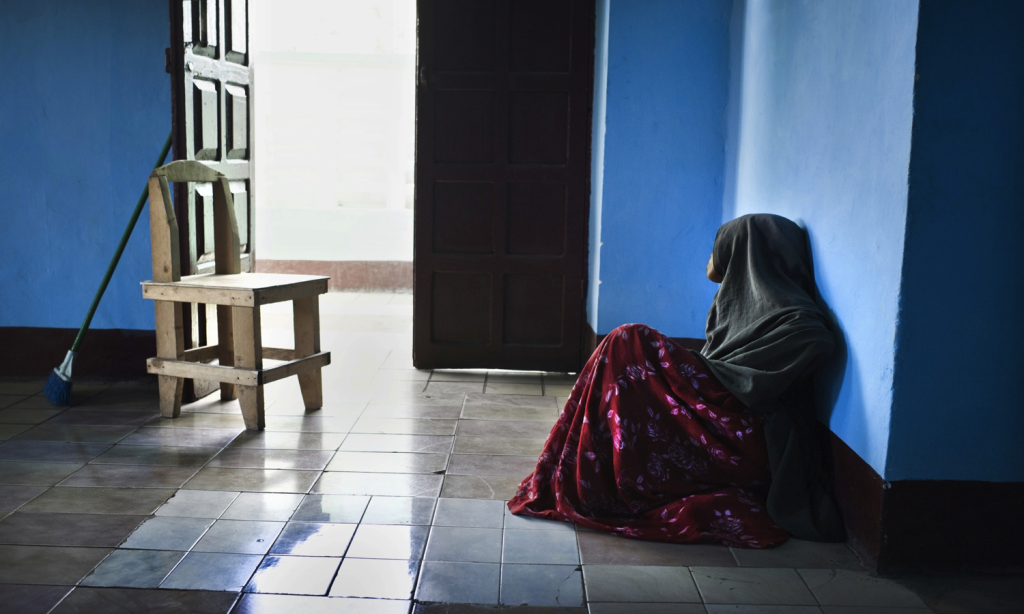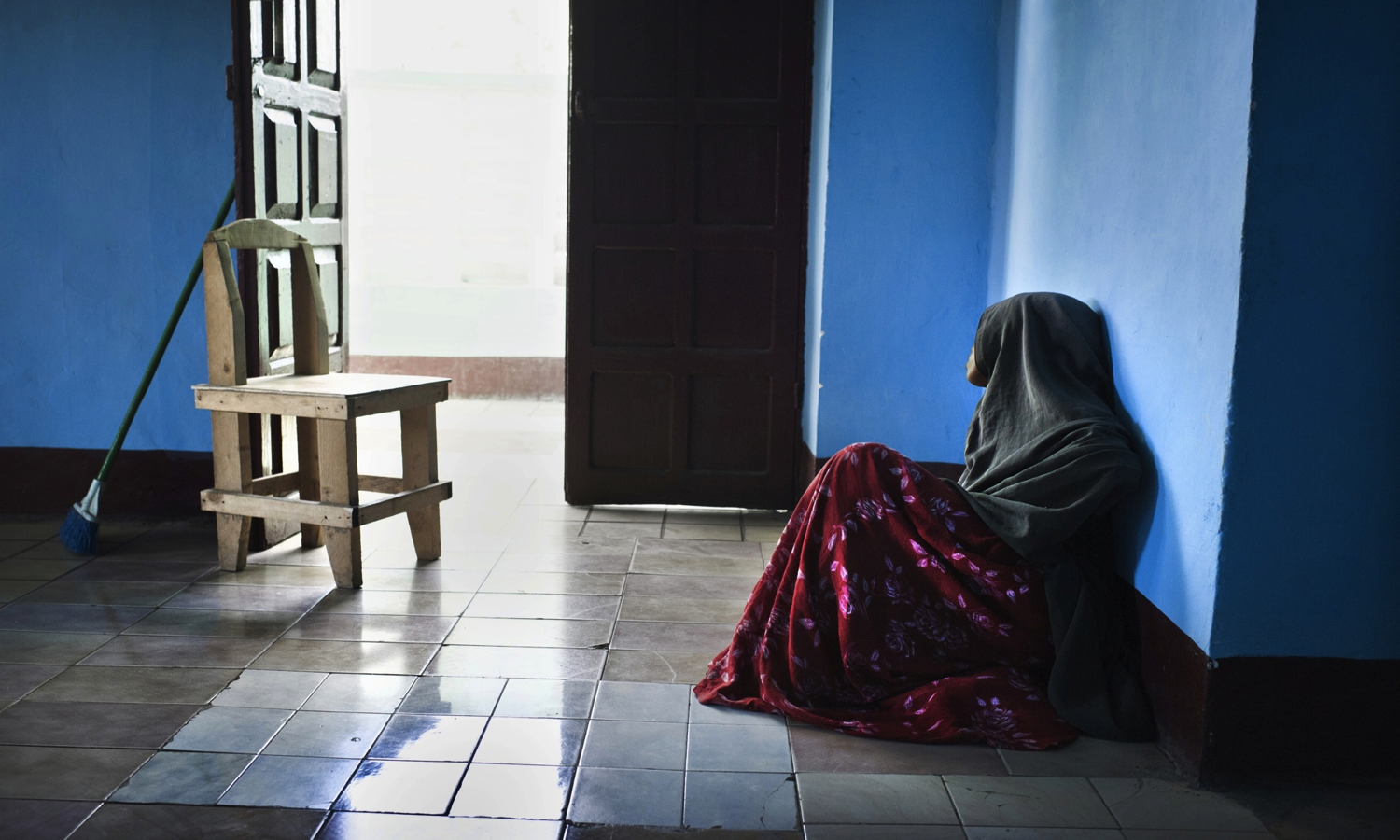By DANIEL ABUNALES
Victims of human trafficking in the Middle East and North Africa (MENA), including Filipinos, hesitate to complain to authorities.
Reason: They fear they would end up behind bars and be treated as criminals.
A study conducted by the International Organization for Migration (IOM) and Walk Free Foundation (WFF) reveals that law enforcers in the MENA region are likely to detain these workers first on the grounds of violating their employment contracts or residency status before “screening evidence of exploitation.”
The two international NGOs interviewed 22 victims, 17 from the Philippines, in Egypt, Iraq, Jordan, Lebanon and Saudi Arabia for the study, “The Other Migrant Crisis.”

The victims were from sub-Saharan Africa, South Asia, and Southeast Asia.
The Middle East is the top destination of overseas Filipino workers with more than 800,000 working in the construction industry, heath sector, and household service, according to the Philippine Overseas Employment Agency. More than half are in Saudi Arabia and nearly a third in the United Arab of Emirates (UAE).
The MENA has been beset with internal displacement and influx of refugees arising from the ongoing conflict in the region. The study said these migrants not only face risks to their safety but are also vulnerable to human trafficking.
Aside from being arrested or detained, trafficking victims in most labor-receiving countries may face prosecution for offences like “entering or leaving a country illegally, working without permits or getting involved in illicit activities such as prostitution,” according to the study.
This despite international protocols not to criminalize trafficking victims for offences they committed because they are already under threat, it said.
The IOM and WFF found that none of the labor-receiving countries covered in their study has sufficient systems to ensure that victims are not treated as criminals.
They also found that labor and migration policy objectives in some countries are inconsistent with their crime prevention law.
According to the study, the “kafala” system increases vulnerability to exploitation and trafficking.
Under the kafala system practiced in Iraq, Jordan, Lebanon and Saudi Arabia, all foreign workers need to be sponsored by a local citizen or company. The system legally entitles sponsors a contractual period of continuous service from a migrant worker.
The study said the system intensifies the vulnerability of migrant workers to exploitation as it facilitates the confiscation of identification and travel documents.
The kafala system also requires migrant workers to obtain exit clearances from their sponsors to be able to leave after their contracts expire.
Even in cases of abuse “the worker’s legal status is effectively tied to the employer,” the study said.
Workers who escape from their employer are “rendered illegal and subject to arrest and deportation for ‘absconding,’” it added.
Kafala, the study said, also hampers the victim’s ability to seek redress because it requires consent from the employers to take such action. In some instances, a victim is at risk of being detained because the employer would file a theft case against him or her.
While some governments in the MENA said they would review the kafala system, it remains unclear when they would, the study said.
The study suggested that victim identification measures for first responders such as police officers be improved to address criminalization of trafficking victims.
Proper identification is critical because trafficking victims “may be mistaken for irregular migrants and summarily deported or put in detention facilities,” it said.
The study identified discrimination against migrants, withholding of passports, lack of awareness of rights, and discrimination and violence against women as other factors that make overseas workers prone to trafficking and exploitation.
Workers from the informal sector such as agriculture and domestic work are more susceptible because they are oftentimes isolated at family homes or at farmlands, it said.
The labor-receiving countries in the study lack national legislation that protects workers from the informal sector, the study added.
Addressing trafficking and exploitation issues within the MENA region competes with other priorities such as regional security, influx of refugees, ensuring local economic stability and combating terrorism, the IOM and WFF said.
But countries, especially those in the middle of conflict and displacement, must work on better protection programs to avert the “further deterioration of already precarious situations,” they said.
